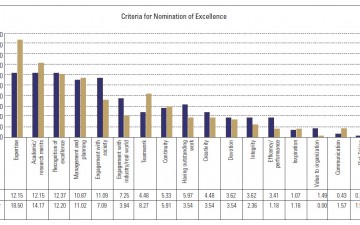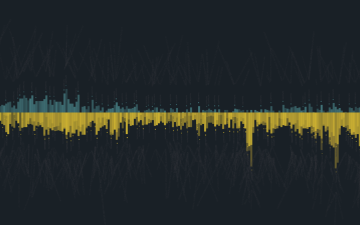Country of Residence
Discipline(s)
GYA Roles
Institution
Sultan Qaboos University
Plant Sciences
Department of Plant Sciences
College of Agricultural and Marine Sciences
Sultan Qaboos University, P.O. Box 34, Al-Khoud 123, Oman.
Research Interests
Plant stress physiology, conservation agriculture, seed biology, agronomy
Topics to speak on:
Sustainable agriculture; crop production systems, food security
‘The greater danger for most of us lies not in setting our aim too high and falling short; but in setting our aim too low, and achieving our mark.’Michelangelo
Biography
Dr. Muhammad Farooq is a distinguished academician currently serving as Professor and Head of the Department of Plant Sciences at Sultan Qaboos University in Muscat, Oman. He also holds concurrent positions as an Adjunct Professor at the University of Western Australia (since 2011) and a Distinguished Visiting Professor at Dankook University, South Korea (since 2013). His prior affiliations include roles at the International Rice Research Institute in the Philippines (2007-2008), the Centre of Environment and Life Sciences at CSIRO Plant Industry in Australia (2010), the University of Giessen in Germany (2011-2012), the University of Hohenheim in Stuttgart, Germany (2016), the University of Agriculture, Faisalabad, Pakistan (2004-2017), and King Saud University in Riyadh, Saudi Arabia (2012-2017).
Prof. Farooq has been the recipient of several prestigious fellowships, including those from the Japan International Research Centre for Agricultural Science (2007), the Australian Endeavour Awards (2010), and the Alexander von Humboldt Foundation, Germany (2011, 2016). Additionally, he served as a Young Affiliate Fellow of The World Academy of Sciences (2014-2018) and is a member of the Global Young Academy and the Pakistan Academy of Sciences. His accolades include the Research Productivity Award from the Pakistan Council of Science and Technology (2007-2017), the ‘Best Young Research Scholar Award’ from the Higher Education Commission of Pakistan (2013, 2014, 2015), and the COMSTECH Award for Excellence in Research (2016) presented by the Organization of Islamic Conference. He has also received a Gold Medal from the Pakistan Academy of Sciences (2017), the Best University Teacher Award from the Higher Education Commission of Pakistan (2018), the Best Researcher Award from Sultan Qaboos University, Oman (2019), and the Best Research Group Awards from Sultan Qaboos University, Oman (2020, 2022). In 2024, he was honored with the Best Academician Award by Sultan Qaboos University, Oman. Notably, he has been recognized as a ‘Highly Cited Researcher’ by Clarivate/Web of Sciences for four consecutive years (2018-2021).
Over the past two decades, Prof. Farooq’s research has significantly contributed to the understanding of crop plants’ responses to abiotic stresses and the improvement of crop yields in legumes and cereals, focusing on crop physiology and agronomy. His work is closely aligned with the needs of the farming community and seeks to address practical challenges through rigorous scientific methods and collaborative efforts. Among his notable achievements are the development of seed enhancement techniques to improve crop performance under suboptimal conditions and the creation of technologies for cost-effective biofortification of grain crops with zinc and iron. He is among the pioneers in the development of non-chemical weed control methods using allelopathy in field crops and has played a key role in optimizing, developing, and disseminating conservation agricultural systems, particularly in the rice-wheat systems of Punjab, Pakistan. His research in Oman includes optimizing conservation agricultural systems with the use of superabsorbent polymers derived from date palm waste and deficit irrigation practices, particularly focusing on landraces that are well adapted to the region’s harsh desert climate.
As of September 2024, Prof. Farooq has edited or co-edited 35 books and authored or co-authored over 400 research articles and 50 book chapters. His work has garnered more than 56,000 citations on Google Scholar, with an H-index of 110.
Activities


